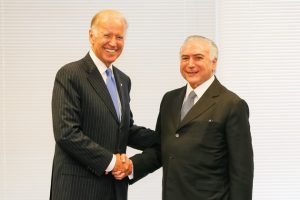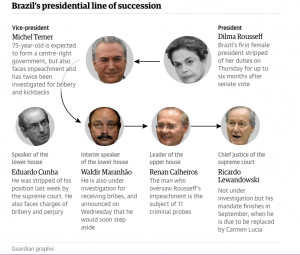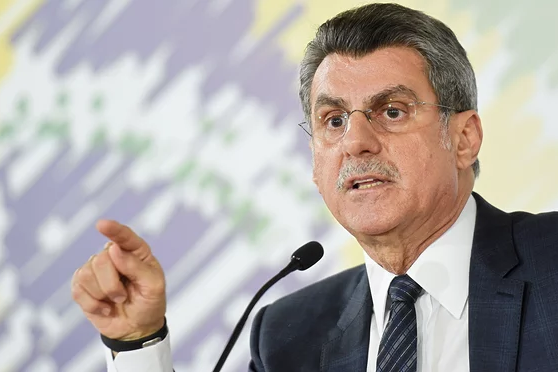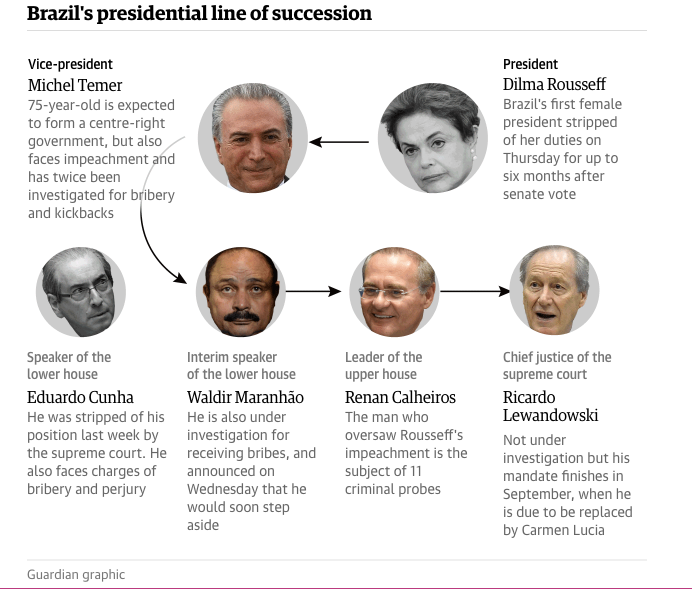Huffington Post reports: “Brazil Elects Far-Right Authoritarian Jair Bolsonaro As President.”
MARIA LUISA MENDONÇA, marialuisam222 at gmail.com
Maria Luísa Mendonça, director of the Network for Social Justice and Human Rights in Brazil said today: “We will have very difficult times ahead in Brazil with increasing intolerance, violence, racism, sexism, homophobia and repression against progressive movements, universities and indigenous communities, stimulated by a discourse of hate that characterizes Bolsonaro and his supporters. At the same time, we saw a new wave of hope for progressive politics in the campaign of Fernando Haddad and Manuela D’Ávila, which was built by the mobilization of millions of people. We saw a great deal of diversity in Haddad’s campaign, who received support from artists and intellectuals in Brazil and abroad. We need international solidarity to protect democracy and basic rights in our country.” See the piece in Ms. Magazine: “What’s at Stake for Women in Brazil.”
ALEXANDER MAIN, main at cepr.net
Director of international policy at the Center for Economic and Policy Research, Main was recently on an Institute for Public Accuracy news release: “Is Brazil Slipping Back into Fascism?“








